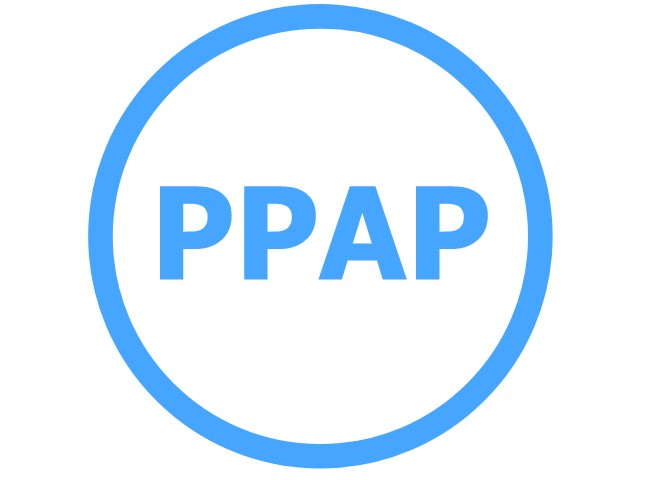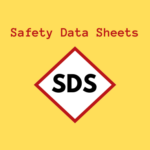Ensuring Quality and Compliance: A Comprehensive Guide to PPAP with Trackmedium QMS

Introduction:
Quality and compliance are paramount in the manufacturing industry, where precision and consistency are essential to meet customer demands and regulatory requirements. The Production Part Approval Process (PPAP) plays a vital role in ensuring that products are manufactured to the highest standards. As a leading QMS software vendor, Trackmedium empowers manufacturing companies to navigate the complexities of PPAP seamlessly. In this blog post, we will explore the key elements of PPAP and how Trackmedium QMS can enhance the process to ensure superior product quality and compliance.
Understanding the PPAP Process:
The Production Part Approval Process is a well-established method for demonstrating that the production process can consistently manufacture products that meet customer requirements. By submitting a comprehensive set of documentation, manufacturers showcase their commitment to quality, process control, and adherence to industry standards. Understanding the intricacies of PPAP is crucial for maintaining a competitive edge and building trust with customers.
Key Components of PPAP:
In this section, we will delve into the fundamental components that constitute a standard PPAP submission. Each element holds significance in validating and verifying the manufacturing process, assuring that it can consistently produce parts that meet the desired specifications. Leveraging Trackmedium QMS software can facilitate efficient management and collaboration on these essential elements.
- Design Records: Comprehensive documentation of the product’s design and any associated engineering changes.
- Process Flow: A detailed representation of the production process, identifying key control points.
- Control Plan: A document outlining the controls and inspection activities essential for maintaining product quality.
- FMEA (Failure Modes and Effects Analysis): An assessment of potential failure modes and their impact on the product.
- MSA (Measurement System Analysis): Ensuring the reliability and accuracy of the measurement tools used in production.
Overcoming Challenges with Trackmedium QMS:
Historically, the PPAP process has presented challenges for manufacturers, often resulting in delays and inefficiencies. With Trackmedium’s advanced QMS software, these hurdles can be effectively addressed and overcome.
- Streamlined Collaboration: Trackmedium QMS facilitates real-time collaboration and seamless communication among teams, accelerating the approval process.
- Automated Workflows: The software’s automated workflows reduce manual errors and ensure efficient progression through each stage of PPAP.
- Centralized Data Management: All PPAP-related documents and revisions are stored in one secure location, promoting easy access and version control.
The Advantages of Implementing Trackmedium QMS for PPAP:
Integrating Trackmedium QMS into your PPAP process offers numerous benefits that enhance overall operational efficiency and product quality.
- Time and Cost Savings: The software’s automation and streamlined processes lead to reduced lead times and operational expenses.
- Compliance and Risk Mitigation: Trackmedium QMS ensures that all PPAP requirements are met, reducing the risk of non-compliance and customer dissatisfaction.
- Data-Driven Decision Making: Trackmedium QMS data analytics capabilities enable manufacturers to gain valuable insights for continuous process improvement.
Conclusion:
The Production Part Approval Process is a crucial aspect of manufacturing, guaranteeing that products meet rigorous quality standards and regulatory requirements. Trackmedium QMS software provides manufacturers with the tools needed to navigate the complexities of PPAP efficiently and effectively. By embracing Trackmedium QMS, companies can enhance their overall product quality, strengthen customer trust, and stay ahead in today’s competitive market.



















